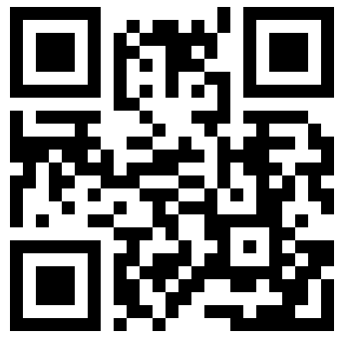Phone
+86 18630938527
In recent years, ultrasound scanners have been widely used in the medical field as a non-invasive and radiation free imaging technology. It generates images of internal organs of the human body by sending ultrasound waves to the interior of the body, and then receiving and interpreting the reflected acoustic signals. In the field of pediatrics, ultrasound scanners have a wide range of applications, helping doctors diagnose and treat many pediatric diseases. This article will explore the application of ultrasound scanners in pediatric diseases.
Firstly, one of the most common applications of ultrasound scanners in pediatrics is to observe the development of infants in the uterus. By conducting prenatal ultrasound examinations for pregnant women, doctors can observe the development of the fetus, including organ formation and function. This is crucial for identifying any potential congenital defects or abnormalities. The high frequency and accuracy of ultrasound scanners enable doctors to accurately assess the health status of the fetus and prepare for it before the child is born.
In addition to prenatal examinations, ultrasound scanners are also widely used for the diagnosis of various diseases in newborns. For example, for brain problems in infants, ultrasound scanners can help doctors identify whether there are problems such as bleeding, hypoxia, or hydrocephalus. For heart problems in infants, ultrasound scanners can provide clear images to help doctors observe the structure and function of the heart, including blood flow in the heart and valve movement. In addition, ultrasound scanners are also very valuable in examining infants' kidneys, lungs, bones, and other organs.
Ultrasound scanners also play an important role in pediatric surgery. In certain diseases and situations, children may need surgical treatment, and ultrasound scanners can be used to assist in the surgical process. By using ultrasound scanners during surgery, doctors can observe the condition of the surgical area in real-time and locate important structures such as organs, blood vessels, and nerves. This helps doctors perform surgeries more accurately and minimizes damage to children.
In addition, ultrasound scanners also play an important role in the treatment and monitoring of pediatric diseases. For some pediatric diseases, such as tumors or lumps, doctors may need to use ultrasound scanners to guide the biopsy process. Under the guidance of ultrasound images, doctors can accurately locate the affected area, ensure accurate sampling, and improve diagnostic accuracy. In addition, for some diseases involving blood circulation, such as hemangiomas, ultrasound scanners can be used to monitor changes in the condition and guide the treatment process.
Although ultrasound scanners are widely used in pediatric diseases, they also have some limitations. For example, for certain deep organs or skeletal structures, ultrasound is difficult to penetrate, so image quality may be limited. In addition, the operation of ultrasound scanners requires a high level of experience and skills from doctors, and specialized training is required to proficiently operate them. Nevertheless, with the continuous development of technology, the application prospects of ultrasound scanners in pediatric diseases are still very broad.
In summary, ultrasound scanners have important applications in pediatric diseases. It is a safe, non-invasive, and efficient pediatric imaging technology that can help doctors diagnose and treat many childhood diseases. Whether it is prenatal examination, diagnosis of neonatal diseases, surgical assistance, or treatment and monitoring, ultrasound scanners play an important role. However, it should be noted that ultrasound scanners also have their limitations, requiring attention to operational skills and image quality. With the continuous progress of technology, it is believed that the application of ultrasound scanners in the field of pediatrics will continue to advance, bringing greater benefits to children's health.
If you have any questions, please contact us!
CONTACT US

